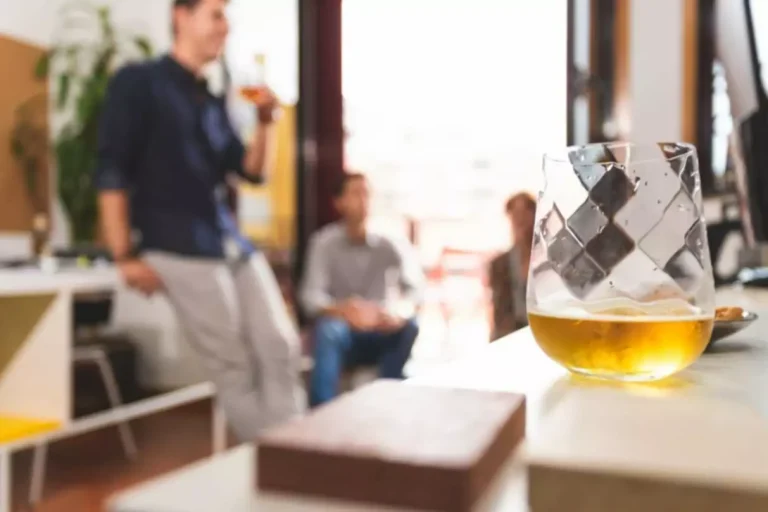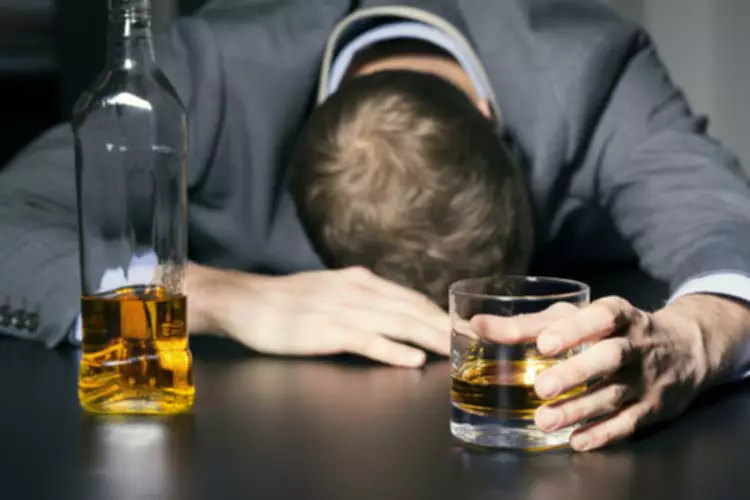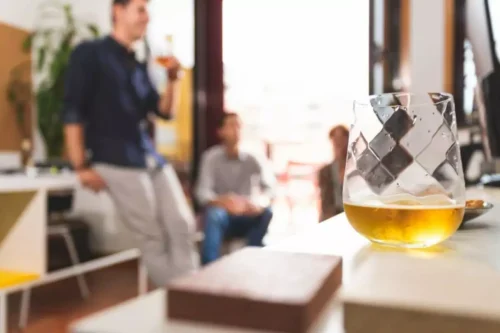
Stress is one of the most common triggers for cravings, as many individuals turn to substances to cope with emotional tension. These changes can lead to tolerance, or a need to drink more in order to feel the same effects. They can also leave you more sensitive to alcohol’s effects and raise your risk of withdrawal symptoms. Mental health professionals can also help treat alcohol use disorder (AUD). AUD is a condition that occurs when a person has a physical need or desire to consume alcohol that is difficult to control.
Managing Alcohol Cravings
- When the brain becomes accustomed to alcohol’s effects on neurotransmitters—chemical messengers like dopamine and GABA—it needs more of it to get the same effect.
- Meditation and similar activities can reduce stress,8 helping you manage alcohol cravings.
- However, some of these chemicals- called metabolites- get lodged in fatty tissues in the body and remain stuck.
- You might also attend a support group or schedule an extra session with your therapist.
You can use this to deal with cravings and triggers for alcohol better. Make it a habit by fitting mindfulness meditation into your daily routine. Combine it with other healthy habits like exercise or healthy eating. Alcohol cravings can come from many sources, both negative and positive. Negative emotions like anxiety, stress, and depression, as well as positive emotions like happiness and celebration, can trigger cravings.
CBD influences reward centre in the brain

Experiencing alcohol cravings may not automatically mean you have an AUD. All the same, it could be worth talking to a mental health professional — more on that below. Below, we’ll explore why cravings happen and offer a few tips to manage them, from in-the-moment techniques to long-term coping strategies.

Are cravings normal during recovery?

Understanding cravings—what causes them, how they manifest, and strategies for overcoming them—is essential for achieving long-term recovery. amphetamine addiction treatment Certain antidepressants also show promise for helping reduce drinking when you live with depression. Your care team might recommend this approach if you experience symptoms of anxiety and depression along with cravings.


Second, be sure to do so under the supervision of a doctor, as alcohol withdrawal can be fatal. However, recovery is not only possible, but probable if you seek out professional help. When it comes to alcohol cravings, try some of the tips listed above. These can include activities like mindfulness, meditation or yoga.
Then direct these same positive and loving thoughts to someone you care deeply about. After that, send these positive feelings to someone neutral or someone you don’t know very well. Lastly, send these positive feelings to someone you find challenging. By learning how to cope and question the urge, you can stay on https://ecosoberhouse.com/ track with your recovery. Sometimes even the thought of receiving pleasure from something will lead to the release of dopamine in the brain.
Understand common triggers for alcohol cravings
When someone drinks too much alcohol or too often, their body becomes dependent upon the surge of dopamine to the brain. Cravings are simply the body’s natural response to alcohol dependency- as well as the absence of alcohol. While alcohol cravings can seem unbearable in the moment, it’s possible to overcome them. If you are trying to get sober from alcohol, first of all- congratulations.
Cravings won’t necessarily affect everyone who cuts back on alcohol. Still, they’re pretty common, especially if you drink regularly or your alcohol use falls into the how to get rid of alcohol cravings “heavy drinking” category (binge drinking 5 or more days in the last month). If a person repeats drinking patterns, it can cause the brain to shift control over the actions involved with drinking.
- For those of us with sustained recoveries, the cues and triggers are typically the cause of our cravings.
- Still, they’re pretty common, especially if you drink regularly or your alcohol use falls into the “heavy drinking” category (binge drinking 5 or more days in the last month).
- This means you need to drink more in order to feel ‘drunk’ and you’re likely to be much more susceptible to experiencing alcohol withdrawal symptoms.
- Engaging in activities like exercise, reading, or creative hobbies can shift focus away from cravings.
- If you’re grappling with intense alcohol cravings, seeking specialized support is a proactive step, not a sign of weakness.
The double-blind, randomised and controlled study comprised 28 people aged between 18 and 60 with mild to severe alcohol-related illness and was conducted at the CIMH in Mannheim. One group was given a single dose of 800 mg CBD, while the other received a placebo. The test subjects then took part in various tests in which they were exposed to alcohol stimuli or stress, for example. They were shown alcohol-related images or asked to enter an environment that resembled a bar. They assessed their craving for alcohol using questionnaires. Their brain activity was measured using a magnetic resonance tomograph.